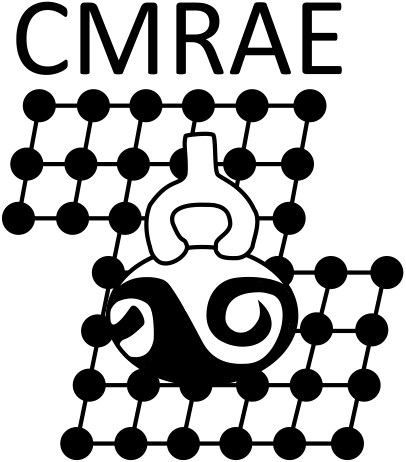As recommended by the Department of Materials Science and Engineering
The 3C program is designed to afford students broad exposure to fields that contribute fundamental theoretical and methodological approaches to the study of ancient and historic, non-industrial societies. The primary fields that comprise the curriculum include anthropological archaeology, geology, and materials science and engineering.
The 3C curriculum is structured to provide full balance between archaeology and archaeological science on one hand and materials science and engineering on the other. The program’s special focus is on understanding prehistoric societies through study of the materials technologies practiced by those societies. Such study requires investigation into the structure and properties of materials associated with human activities.
Investigating peoples’ interactions with materials, the objects that those interactions produced, as well as the social and environmental settings that supported specific materials technologies leads to a fuller analysis of the physical, social, cultural, and ideological worlds in which people function.
Participation in laboratory work is an integral part of the curriculum. The program requires that students take a materials laboratory course. Some of the archaeology subjects are designed with a laboratory component. Senior theses always involve materials laboratory research that may investigate archaeological artifacts or materials processing and production technologies. Undergraduate students carry out their thesis research in the extensive CMRAE laboratory facilities.
UROP (Undergraduate Research Opportunities Program) and thesis projects may include archaeological fieldwork during IAP (Independent Activities Period) or the summer months.

